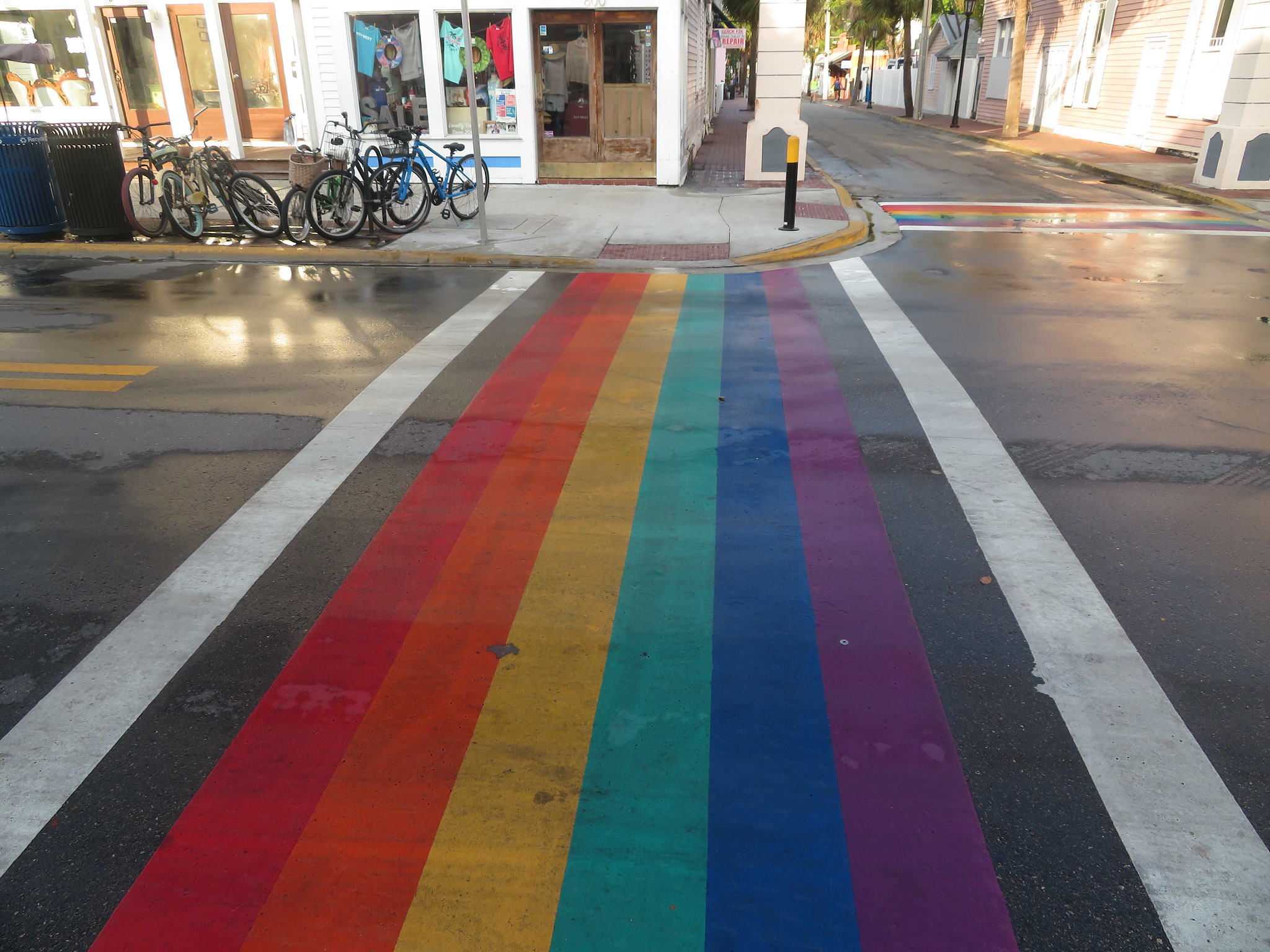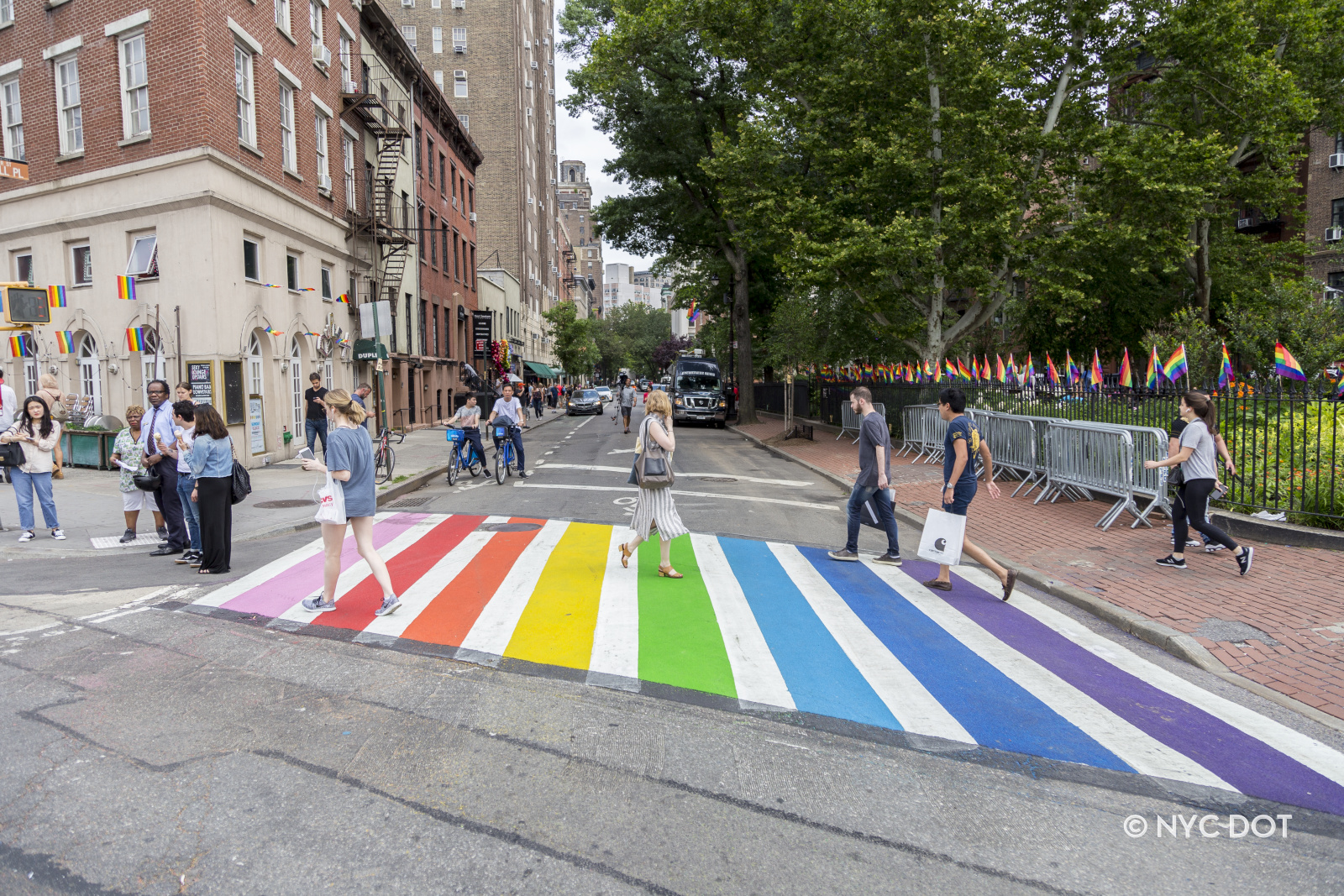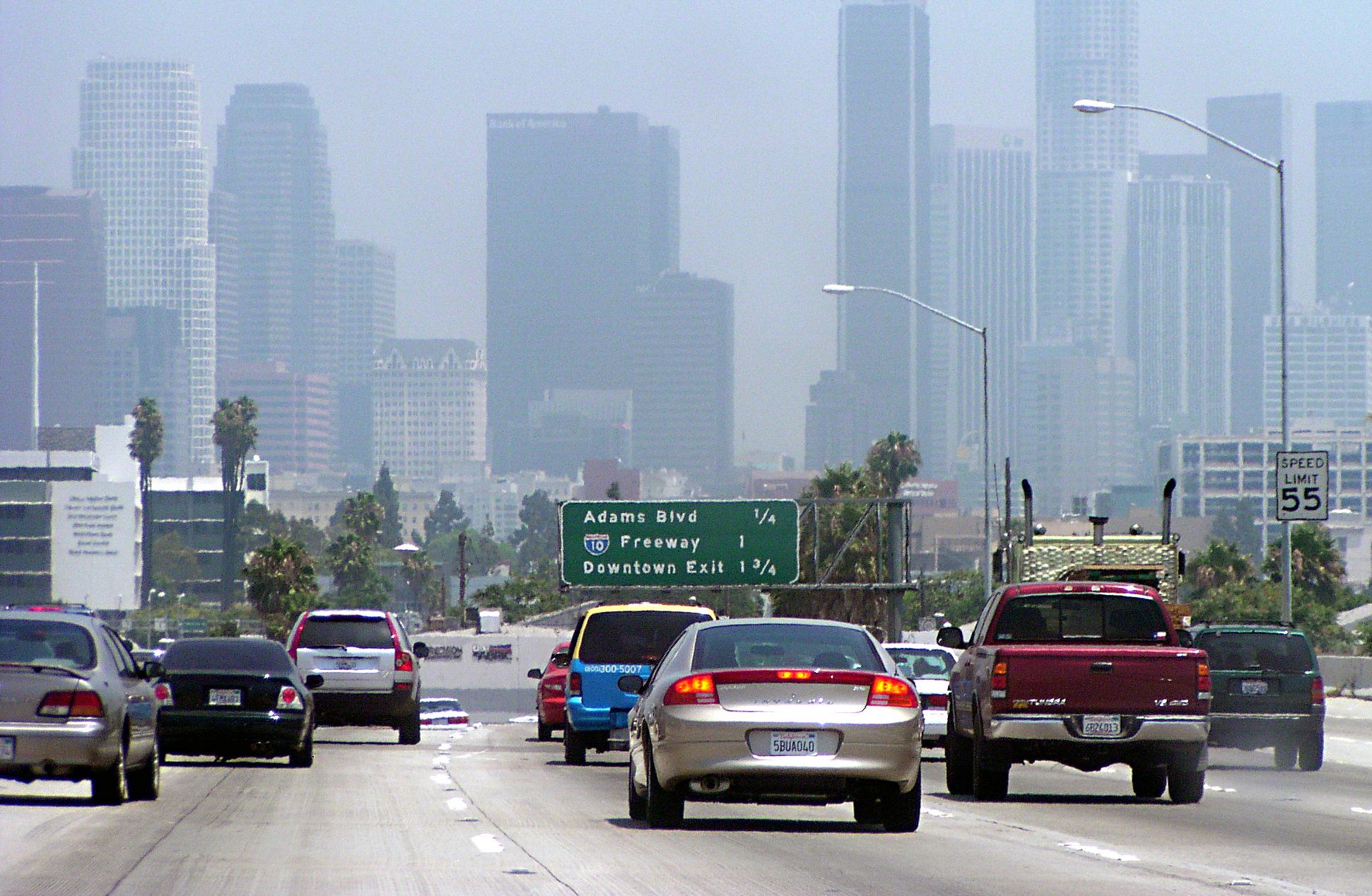- The global economic slowdown is on track to cause the biggest fall in carbon dioxide emissions in history (well, the history of carbon dioxide emissions, at least). Emissions are projected to drop 7.5 percent in the U.S. and an incredible 58 percent in Europe (Green Biz). But in Wuhan, China, which recently emerged from lockdown, there’s been a spike in demand for new cars (Streetsblog), leading to fears that, when the coronavirus pandemic eases, people will choose to drive alone rather than take transit, causing even more congestion and pollution than before (Planetizen).
- The Trump administration’s rollback of environmental regulations on infrastructure construction will not only harm the environment, but will reduce opportunities for public input. (Brookings Institute)
- The once-ubiquitous, love-them-or-hate-them e-scooters are vanishing in the coronavirus pandemic. Should cities save them? Signs point to yes — they promote social distancing and fill gaps where transit service has been cut (City Lab). The Seattle Times has the opposite perspective: Whether it's scooter, bike or hoverboard, this may be the golden age of the e-rider.
- People would probably buy more electric vehicles if cities had more chargers. Reminder: Electric cars are still cars. (New York Times)
- If transit agencies have to cut service, they should cut tourism-oriented and rush-hour service first, and strive to preserve frequency at other times and access to essential destinations. Neither tourism nor rush hour exists anymore, anyway. (Human Transit)
- Salt Lake City is closing lanes to vehicles to create more room for cyclists and pedestrians to recreate while sheltering in place (Deseret News). Columbus, Ohio is not (Underground). Neither will Toronto, which is actually claiming that widening sidewalks and adding bike lanes would induce demand — a theory usually applied to highways that says adding lanes will encourage more people to drive, thus making congestion as bad as before (Treehugger). Needless to say, that's a bad thing for driving, but not biking and walking.
- Oregon is getting rid of its antiquated "85 percent rule," which sets speed limits at the point where 85 percent of drivers are going slower. Starting in May, traffic engineers will be able to consider bike and foot traffic, density, crash rate, public input and other factors. (Bike Portland)
- Denver’s transit-worker union filed a grievance against the Regional Transportation District saying that reassigning drivers from canceled routes without training poses a safety risk. (Colorado Politics)
- This Charlotte Uber driver is refusing to pick people up if they seem sick or he deems their trip “superfluous.” But is that discrimination? (Observer)
- As traffic halts and the sky clears during the coronavirus lockdown, Indians are pondering a new and cleaner future. (New Yorker)
- There is no joy in Mudville, because sadly, there is no baseball anywhere. But there are cars in the parking lots of L.A.'s Dodger Stadium and Angels Stadium, because the mighty rental-car companies are stashing their excess vehicles there. (ESPN)
Streetsblog
Friday’s Headlines From Around the Nation
Stay in touch
Sign up for our free newsletter
More from Streetsblog USA
Removing ‘Rainbow Crosswalks’ Won’t Make America’s Arterials Safer
Secretary Duffy wants to tackle dangerous arterials. So why is he coming after rainbow crosswalks most often seen on narrow city roads?
The ‘One Big Beautiful Bill’ Is About Our Transportation Future, Too
Transportation didn't get a lot of mention in the public discussion of the One Big Beautiful Bill Act. But it's everywhere.
Tuesday’s Headlines of Many Colors
Transportation Secretary Sean Duffy called rainbow crosswalks "a distraction" and called on cities to eliminate them.
Form-Based Codes Mean More Sustainable Cities
New research shows that prioritizing building "form" over their use leads to more sustainable cities.
Monday’s Headlines Are Big and Beautiful
The ginormous GOP tax and spending bill President Trump signed on July 4 will make the air dirtier, a lot of it from tailpipe emissions.
The Single Most Important Element In Creating Good Cities
A lot of U.S. cities are getting their "right of way" all wrong — and urbanists can help by getting to know this poorly-understood concept.





